The Art of Belonging
April Dinwoodie's journey to find herself won't be lost on anyone that's ever questioned who they really are.
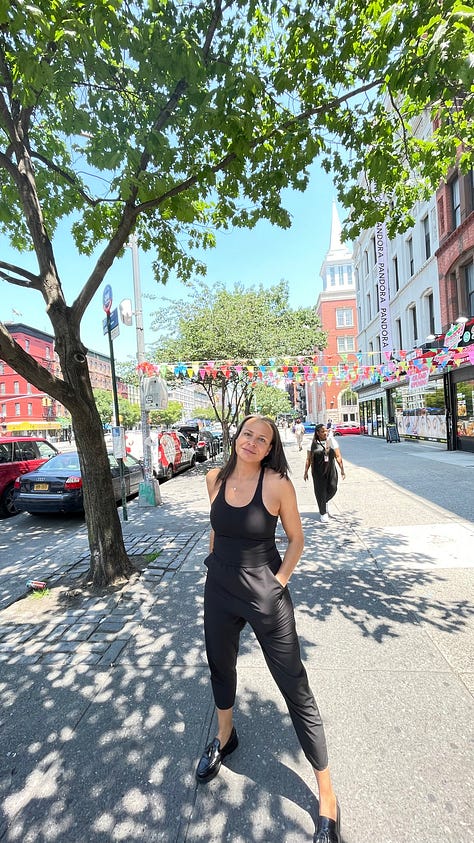

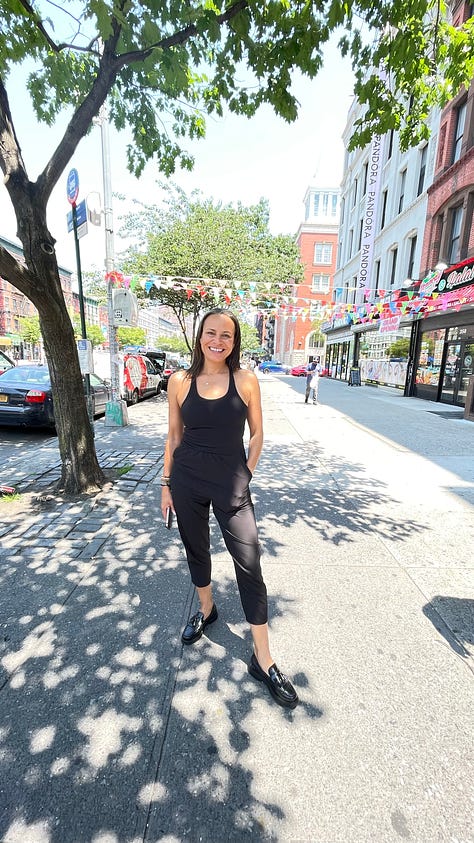
It is a peculiar thing—the way a life, seemingly fragmented at its origin, can coalesce into a guiding light for others. Such is the remarkable journey of April Dinwoodie, a woman whose existence reads less like a biography and more like a living treatise on identity, belonging, and the complex interplay of nature and nurture within the landscape of adoption. Her voice resonates not merely because of her professional acumen, but because her advocacy is rooted in the very core of her own story—a story that invites us to reconsider what it truly means to be whole.
Dinwoodie's origin holds a poetic duality: she was "born in June, raised in April." Her birth mother, Helen, named her June Elizabeth—a name she held only briefly before her adoption and the name April entered her life. That early separation, shaped by the circumstances of sexual violence and what Dinwoodie calls a shared, intuitive knowing that they “were not staying together,” became the foundation of a life defined by navigating two distinct family systems: her “family of origin” and her “family of experience.”
“Everything I do—my brand, my essence—comes from being born in June and raised in April. It’s an acknowledgment of the two parts of me.”
Raised on a farm in Rhode Island as the only Black, adopted child in a white family, Dinwoodie grew up in a world of contradictions. She was, as she puts it, both loved and fetishized—admired for her novelty yet subtly excluded from a full sense of belonging. Though her siblings may have perceived her as the favored youngest child, she describes their upbringing as “feral,” shaped by the firm expectations of '70s-era parents. It was a childhood marked by emotional complexity and occasional darkness, but never a desire to be white or to disappear. Instead, a rare kind of resilience took root.
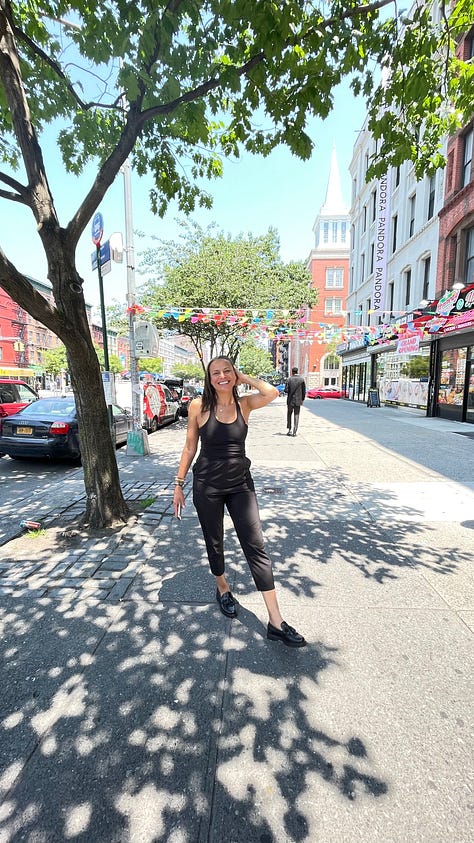
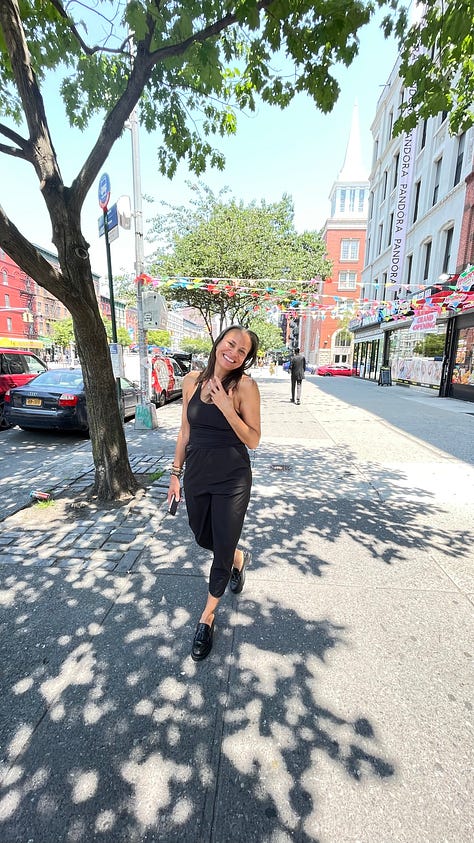
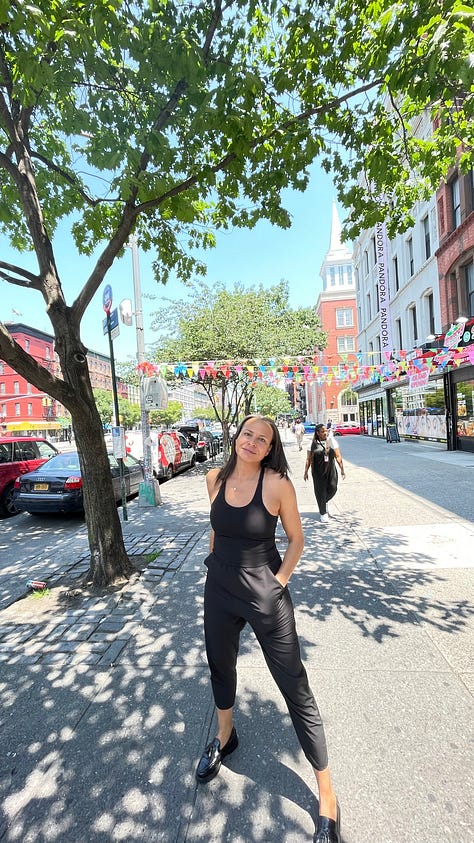
The turning point came after college, when she moved to New York City. Amid the city's relentless pace and diversity, she discovered not just her footing, but a liberating sense of self.
“I remember realizing, ‘Oh—I actually belong on this planet.’”That clarity gave her the strength to confront long-buried questions, to reconnect with her family of origin, and to begin articulating what she calls her “interesting identity journey.”
But the path to wholeness, she emphasizes, was neither quick nor easy. It took decades of internal work—bodywork, meditation, and a deep commitment to wellness. She describes her approach to healing as running “towards the burning building”—a visceral metaphor for her refusal to avoid the painful aspects of her past. That intensity came at a personal cost.
“I missed a big part of something that was always my dream—to be a mom—because I had to do so much work on myself, my identity.”

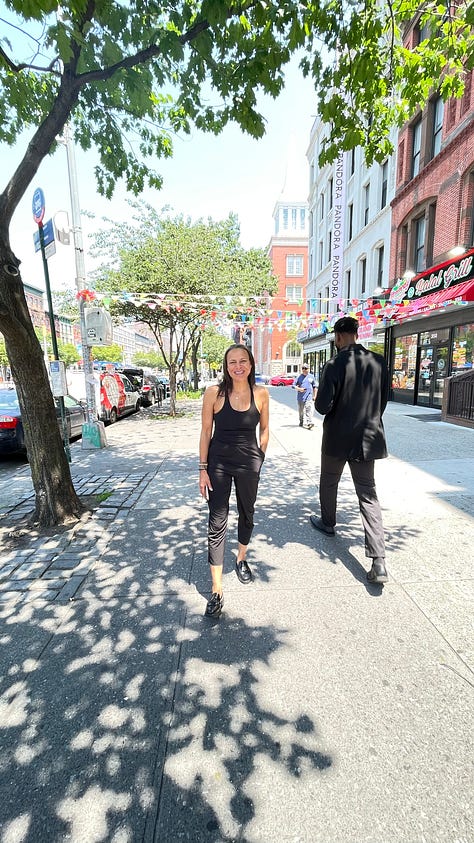
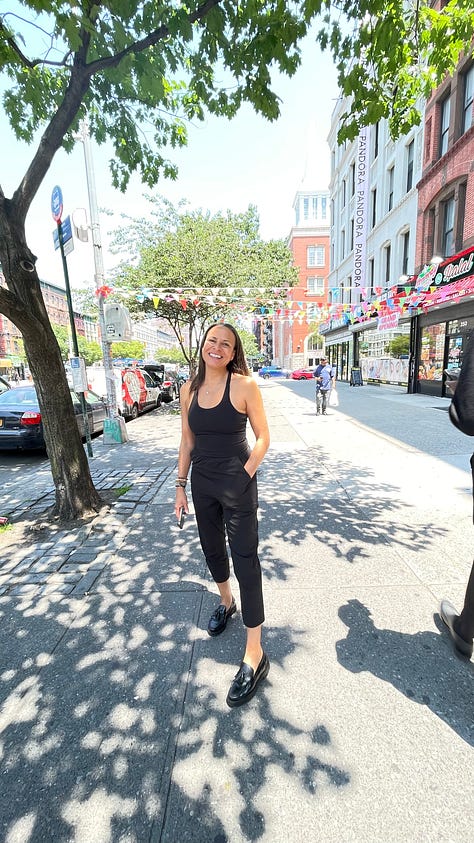
Dinwoodie’s corporate career, including her time at Kenneth Cole, was an unexpected but formative chapter. It was there she absorbed the ethos that one could “do well and do good,” instilling in her a lifelong commitment to social responsibility. This principle guided her pivot into advocacy, first through a mentoring program for youth in foster care called Adoptment, and later through full-time work in the adoption and foster care space.
“The system,” she says bluntly, “is weird and not good for kids.”
One of Dinwoodie’s most influential contributions has been her work to reframe National Adoption Awareness Month (NAAM). Originally launched in 1976 to promote adoption from foster care, the month has evolved—thanks in large part to adopted persons and advocates like Dinwoodie—into a time for deeper reflection. Today, NAAM highlights the complexities of identity, the significance of connections to birth families, and the systemic issues embedded in the adoption process. For many adopted persons, the month can evoke a swirl of emotions: empowerment, pride, grief, and introspection.
Dinwoodie’s current work continues to expand the narrative. Her podcast, Born in June, Raised in April, now in its ninth season, serves as an international platform for education and dialogue. She’s developed a program called Calendar Conversations, which helps parents use everyday events as opportunities to foster belonging and genuine inclusion for adopted children. She also helps run a camp for transracial adoptive families, addressing the specific, nuanced challenges they face. While she once lobbied for adopted person access to original birth certificates—a battle she helped win in New York—her focus today has shifted toward direct service.
“Policy work drives me crazy,” she says. “It’s so frustrating. This—working with people directly—feels more impactful.”


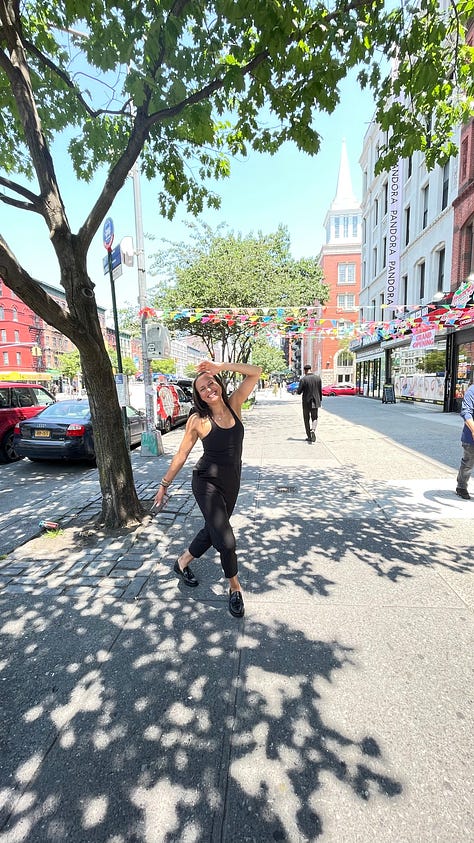
For Dinwoodie, each moment of helping a parent better understand their adopted child is a small act of healing, both for the family and for herself.
“Little June gets healed every time I help a parent turn the lights on,” she says. Her greatest hope is to spare the next generation the length and loneliness of the journey she undertook alone. “I want their healing to come faster. I want them to be even better and more loved than I am now—which is already pretty great. But imagine if I had all the tools I’m creating now, back then. The possibilities are endless.”
April Dinwoodie’s life is a testament to the power of integrating fragmented histories into a cohesive, empowered whole. Through her candor, her commitment to personal transformation, and her relentless advocacy, she offers a framework for navigating the intricate realities of adoption with grace, clarity, and humanity. Her work reminds us that true understanding rarely comes from simple answers—but rather from the courage to engage with complexity.
For more of April’s incredible work and life, check out AprilDinwoodie.com and her socials.




what an honor to be heard in this way!!! thank you!!!❤️✨🙏🏾